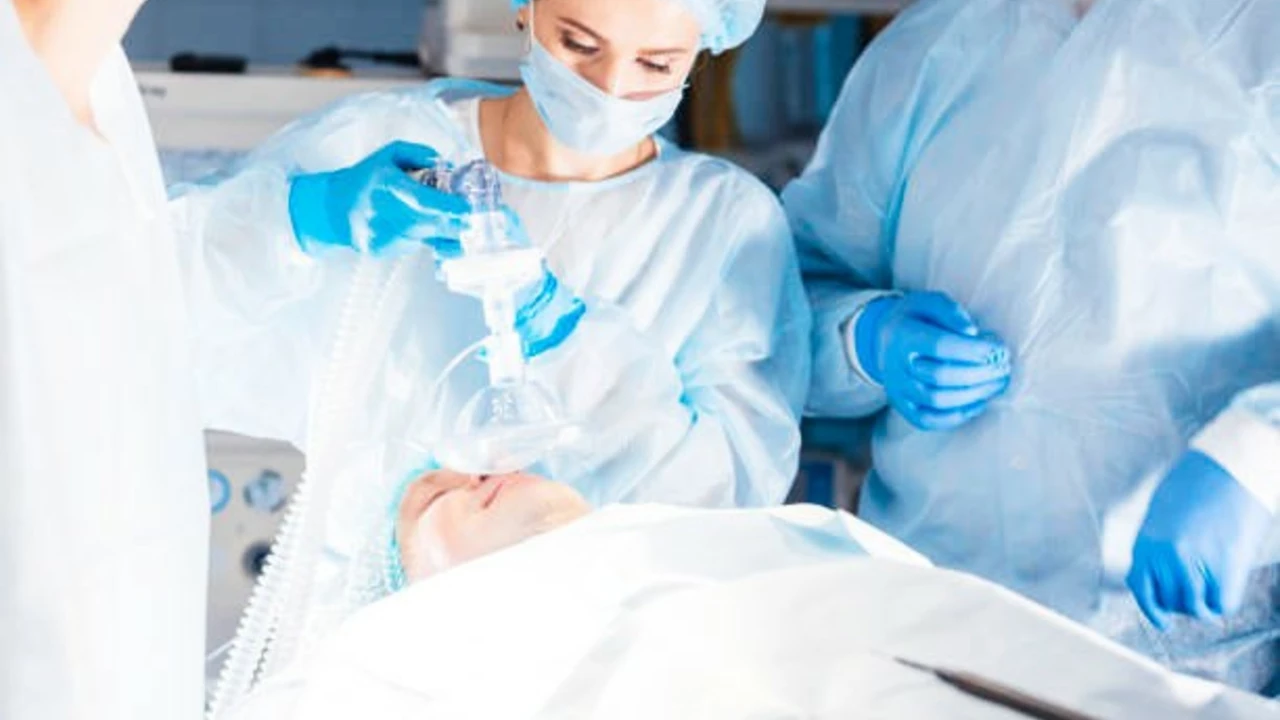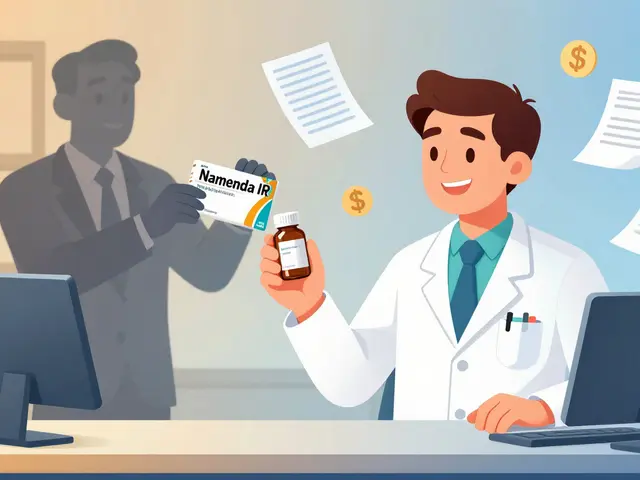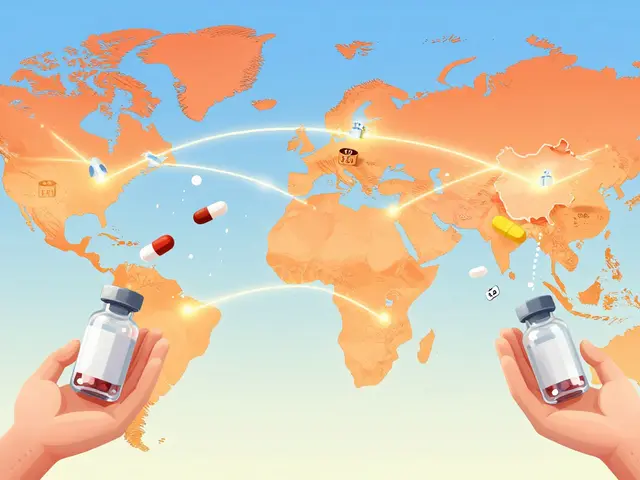Unraveling the Mystery of Post-operative Care
Once upon a summer's eve, as I was sipping hot chocolate and stroking Alfie, my gargantuan Maine Coon Cat, I was reminded of a tale from my past that might just shed some light on our discussion of post-operative care. Call it anecdotal, call it a pet-lovers musings, but certainly, don't call it a bore. Herein, you'll find out how my pets inadvertently prepared me for understanding the nuances of anaesthesia recovery.
Imagine this - Alfie, normally a predator in the world of backyard wildlife, on the operating table under anaesthesia. A vet's office isn't exactly a lion's den, and Alfie wasn't too thrilled about it. Luckily, he had me and Olive, the most attentive French Bulldog you'd ever meet, to help him recover post-operation. It wasn't the savannah, but let's just say we formed our own little pride at home to nurse him back to health. It's funny how life works sometimes, doesn't it?
Nurturing Safe Recovery: Setting Up a Comfort Zone
When Alfie had to undergo surgery (funny story, he tried to tangle with a possum and lost), the vet stressed the importance of creating a safe and comfortable environment once we returned home. This isn't too different to the situation for us humans after an operation, we also require a relaxed, quiet environment which helps foster a quick recovery.
Simply put, you don't bring a groggy cat or a post-anesthesia patient to a household filled with deafening rock music. Just as Alfie needed his comfy corner to recovery, so do patients recovering from anesthesia.
Monitor and Encourage Proper Rest
The first few hours after surgery are a critical time. After Alfie's misadventure, the vet explained that due to the lingering effects of anesthesia, animals could be drowsy, or possibly stumble around disoriented. This is very similar to how people react post-anesthesia as well. The parallels were striking!
As in human surgery, sleep is the best medicine. I was advised to keep Olive away from Alfie, no matter how much she wanted to help. Interruptions and disturbances, even from well-intentioned ones, can prolong the recovery phase. The same concept applies to people post-operation. Proper rest, without unnecessary disturbance, eases the pain and hastens the recovery. The importance of good rest cannot be overstressed, folks.
Food, Hydration, and Medication: Balancing the Trio
Post-surgery, a proper diet and hydration are vital. In ensuring that Alfie would make a full recovery, I had to ensure he didn't eat too soon after the surgery. Additionally, I was given specific instructions about his diet. To ensure that Alfie would take his medication, I used his favourite snacks as an incentive. It was hilarious trying to convince Alfie, a notoriously picky eater even on his best days, to swallow his medication. In the same way, us humans have specific dietary requirements and medication routines to follow closely after surgery. It is vital to maintain the nutritional balance required for healing.
Patience and Pain Management
Believe me, dealing with a grumpy Maine Coon who has just lost a fight and an operation and a French Bulldog who’s trying to lick his wounds, you learn a thing or two about patience. Pain can play tricks on your mind. It can make even the sweetest, friendliest creatures irritable. And when you add the confusing effects of anesthesia, the situation only gets more complicated. The same goes for post-operative care in humans.
Everyone’s pain threshold is different. Some might bounce back quicker, while others need a little more time. You reflect this fact in the way you follow your doctor's advice about managing your discomfort. Just as it was essential to keep an eye on Alfie's pain level and behavior, the same applies to people after surgery. It's important to take prescribed painkillers as directed, and be patient with your body during the recovery process.
Follow-ups: The Road to Full Recovery
After Alfie's surgery, we had a couple of follow-up visits with the vet to ensure he was healing properly. Similarly, post-operative appointments with doctors are an important and often overlooked part of the recovery process. These appointments are a chance to track your recovery progress, discuss any concerns or issues, and anticipate any future care needs.
Just remember, folks, whether it's a gallant Maine Coon or a diligent French Bulldog or even brave ol' sods like us, recovery is a journey and not just a destination. Veterinarians and doctors aren't just there to add to your woes, quite the contrary. They're the guides that ensure you're mending healthily. Regardless of whether you're the patient or the caretaker, understanding and embracing the importance of post-operative care is crucial to a successful anesthesia recovery. So, let's take it from Alfie and Olive, shall we?




Lisa Franceschi on 1 August 2023, AT 23:05 PM
Thank you for sharing your experience regarding postoperative care in anesthesia recovery. The emphasis on a quiet, controlled environment aligns with established guidelines for minimizing postoperative delirium. Studies have shown that environmental stimuli such as loud music can exacerbate sympathetic activation, thereby impeding wound healing. Additionally, maintaining a temperature-neutral zone reduces the risk of hypothermia, which is a known factor in coagulopathy. The analogy with feline recovery underscores the universality of these principles across species. Proper analgesia, when administered in accordance with weight‑based dosing, further facilitates restorative sleep cycles. It is prudent to schedule postoperative assessments within the first 24‑48 hours to identify early complications. Hydration status should be monitored through both oral intake and urinary output measurements. Nutritional support, beginning with clear liquids and advancing as tolerated, optimizes protein synthesis for tissue repair. Consequently, a systematic approach to postoperative care can markedly reduce length of stay and improve patient satisfaction.